Why are Native Americans Called Indians?. Surprising Facts about Native Americans!
Why are Native Americans Called Indians?. Surprising Facts about Native Americans!
Updated on November 23, 2021 02:32 AM by Evelyn Mia
Thousands of years before Christopher Columbus’ ships landed in the Bahamas, nomadic ancestors of modern Native Americans had already discovered America. According to scholars, more than 50 million people lived in the Americas before the European adventurers arrived in the 15th century A.D.
Can you guess why the Native Americans are called as Indians?
Indians which actually means People from Indus Valley. Christopher Columbus an explorer and a navigator started expressing some misbelief that he travelled and almost reached the regions of South Asia. So he started encouraging people to use the Term Indus this is how the Native Americans are called Indians.
Here are a few interesting facts about Native Americans that you probably didn't know!
Female warriors
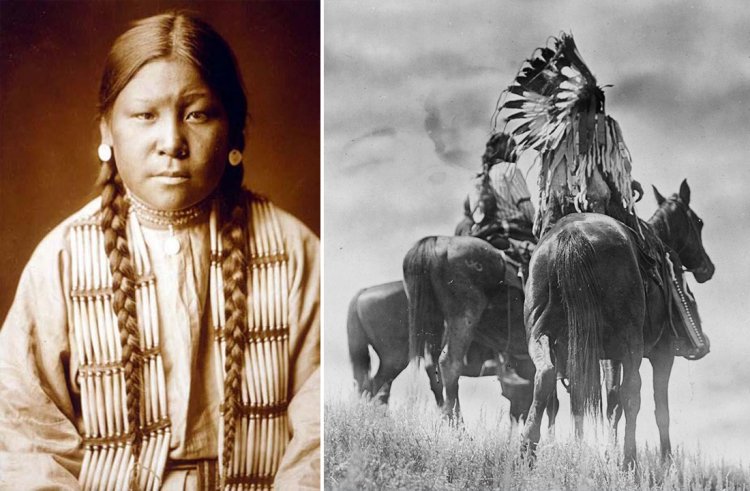
I don't believe the movies when they show only male Native American warriors. Native American women warriors fought alongside men in real life. The most famous of them all was Buffalo Calf Road Woman, a member of the Northern Cheyenne tribe who fought in the Rosebud and Little Bighorn Battles.
Add Block
Not what you think!
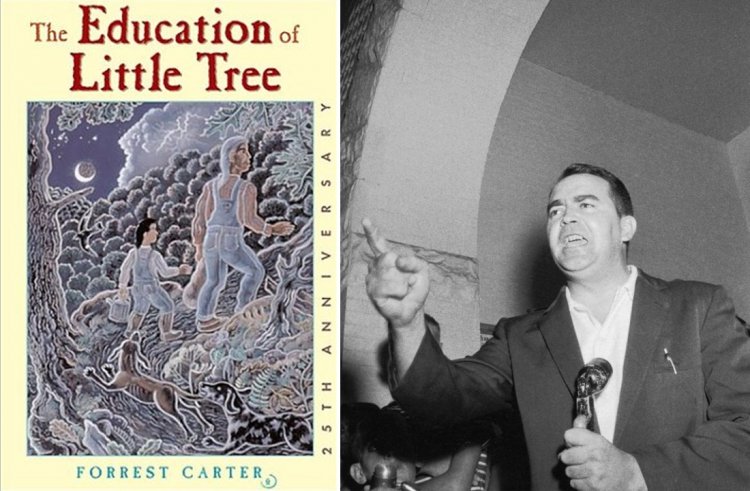
Did you grow up reading The Education of Little Tree? Most people assume that this popular book, which Oprah also suggested, is a memoir of Forest Carter's boyhood growing up with his Cherokee grandmother and part-Cherokee grandpa. In 1991, historian Dan T Clark in the New York Times declared that the book was a hoax written by Asa Carter, who used to be a Ku Klux Klan member!
Diverse cultures
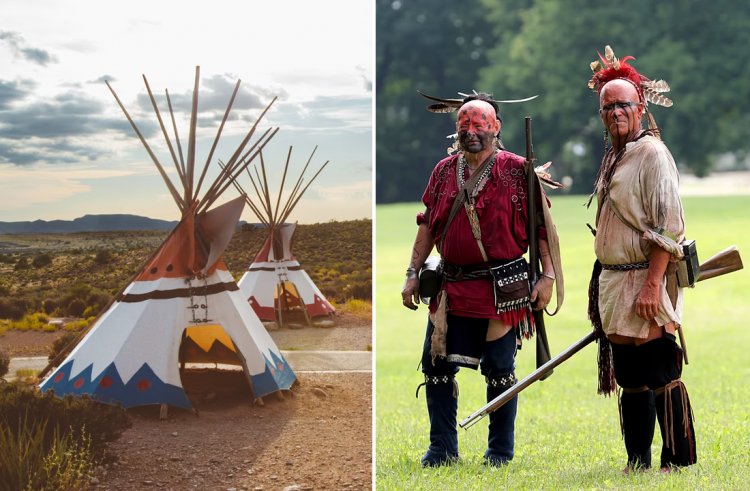
Again, do not let Hollywood educate you about the Native Americans. According to Hollywood, every tribe lived in teepees. But the Native Americans are a diverse group of people. There are many tribes within the community with diverse cultures and languages. Plains Indian tribes lived in teepees, while others lived in longhouses, cliffs, and other locations.
Add Block
The "Indian Giver"
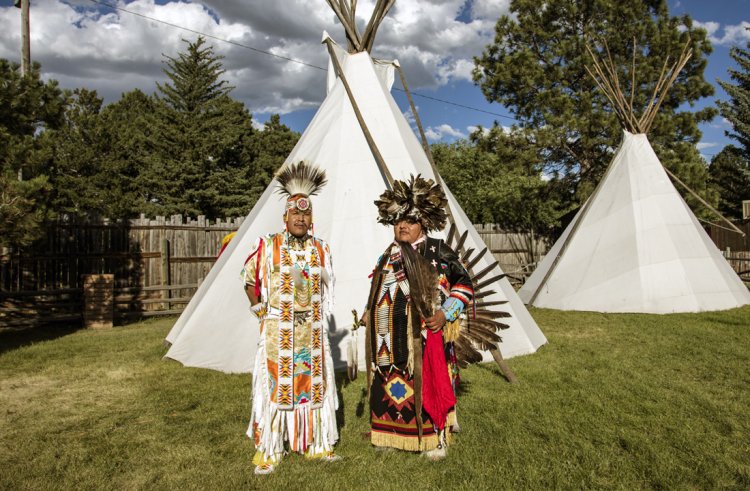
Heard about the phrase "Indian giver"? This derogatory phrase refers to a person who gives a gift only to take it away. As you guessed, it is used to refer to gifts given by the Native Americans. To put things in perspective, the tribe had always practiced the barter system- a commodity in exchange for another, without the use of money. Hence, the objects they offered were not gifts but valued objects in exchange for which they expected something equally valuable. Now you know why research is so essential!
Add Block
Legally protected Artefacts
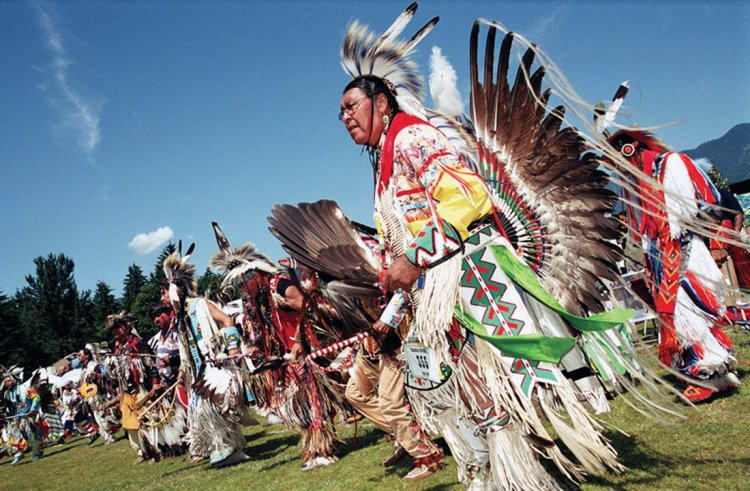
When you visit a new country, I understand how tempting it is to gather artifacts. However, it would help if you were cautious when visiting Native American territory, as you may be breaking the law. Certain objects belong to "lineal descendants, Indian tribes, and Native Hawaiian groups," according to the Native Graves Protection and Repatriation Act. This law protects "human remains, funerary objects, holy objects, and cultural patrimony objects."
Squanto’s Real Story!

You have probably heard about Squanto, a member of the Patuxet tribe, who helped the tribe survive. However, he was able to help the pilgrims only because he had learned English. Where did he learn English, you ask? Well, that's the twist in the tale. Unknown to many, Squanto was kidnapped by an English explorer, George Weymouth, who took him as an exhibit for his financial backers. After returning to his homeland, he was again abducted by Englishman Thomas Hunt, who sold him into slavery in Spain. After his return, he found that his entire tribe had been killed by smallpox. After this is when he comes into contact with the Mayflower passengers.
Add Block
The code talkers!
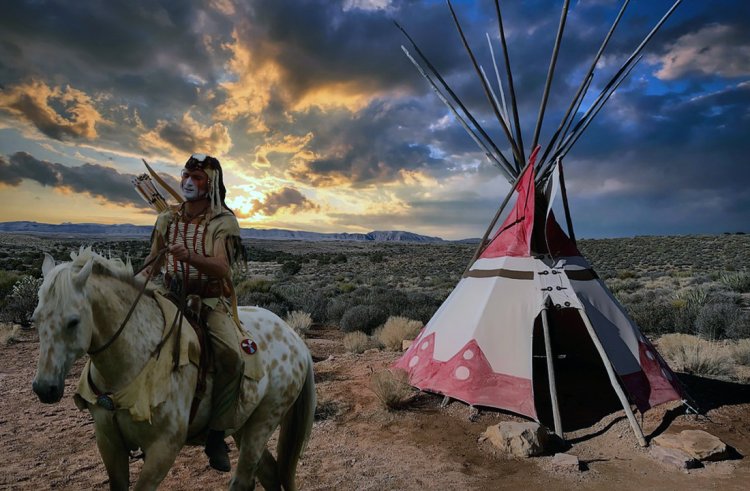
Native American service members delivered messages behind enemy lines in their native languages in World Wars I and II. It is to be noted that this was also when many Native Americans were still fighting against discrimination. Much to the advantage of the U.S., their codes could never be deciphered.





